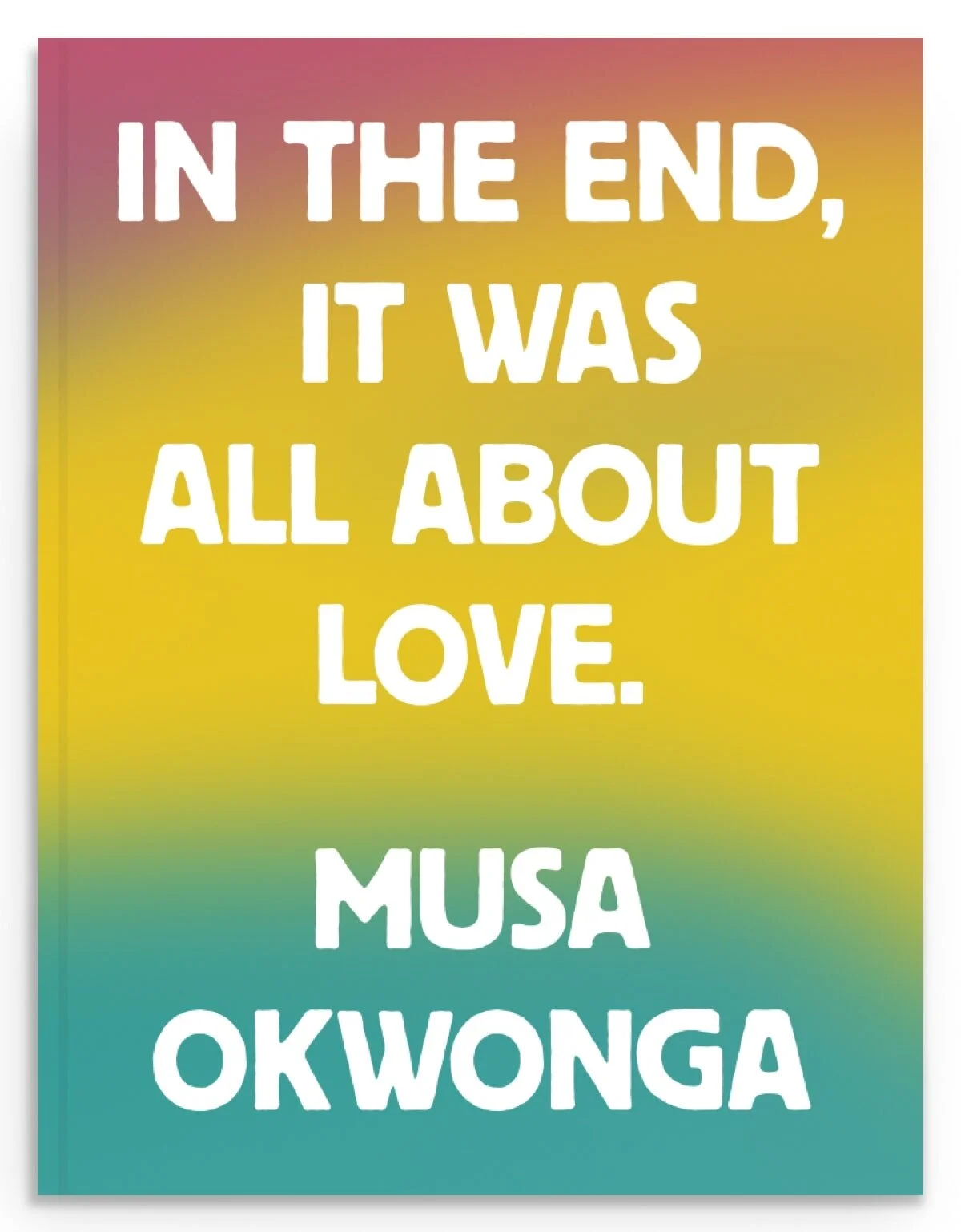In The End, It Was All About Love
Insecurity is the keynote of much of Musa Okwonga’s In The End, It Was All About Love, which is filtered through a distancing second person ‘you’. The narrator is unimpressed by his own achievements as a freelance writer in Berlin, and depressed by the continued failures of his love life. If autobiographical this insecurity may seem surprising, given the excellence of One of Them, his ‘Eton Memoir’, which I reviewed here, his fine achievement in this book, and his prominence as a successful football podcaster for Stadio (with a co-authorship with Ian Wright on the way). It seems very much like Okwonga’s moment right now.
But this is all 2021 news. One of Them looked back to his time at the most famous school of all, after which he felt his contemporaries achieved so much more, and In the End concludes movingly with the deepest issue ‘in the end’, the death of his father in the Ugandan civil war when Musa was just 5. After a significant visit to Uganda, the end of the book sees him in a Land Rover heading back to Kampala for his return flight to England:
And finally you are free; in the end, it was all about love ….your vehicle circles round the yard, draws out of the field and indicates to its right, and then begins the slow descent towards Kampala.
This echoes the end of One of Them, in which he describes taking off from England to head back to Germany:
My plane speeds up, flees the tarmac and then breaks free of the clouds.
Both books are at their hearts journeys to find homes, to find some sort of emotional and psychological settling. In this one, he seeks an easier unburdened place to call home, a restart:
You came here to disappear. For the first few months you are in Berlin you are largely invisible, or at least as invisible as a dark-skinned black man in an overwhelmingly white city can be.
The sense of being a stranger has its roots in childhood, in the aftermath of the vast blast radius of grief (I think here of Elizabeth Bishop):
In the years since, people would often ask you about Uganda, what it was like, and you would never really know what to say. If you had, you would have told them it was the place which taught you the extremes of joy and pain. And now, for better or worse, you are coming home.
The moment that haunts the early part of the book is the one he knows is coming steadily closer, when he passes his father’s age at his death:
There is a specific time and date you have been fearing for much of your adult life. When that moment passes, you will be precisely one second older than your father was when he died, and you will have precisely no idea what to do next.
The anxiety this causes is an undercurrent throughout his life: he dreads it, yet needs it to come, to confront and (he hopes) overcome it. His father was one of the first black consultant surgeons in the UK, but
what are you? What have you achieved? You are a writer, making work that is far below his potential.
As he gets older he becomes less sure about everything, more vulnerable to uncertainties:
Look at the way you think about yourself now. African. Dark-skinned. Migrant. Fifteen years ago you were simply British, part of an apparently thriving whole. But now, with each passing year, your identity is being divided up, with each element progressively more dangerous.
There are a lot of pleasures in this book: the sentence by sentence quality, the intimate and engaging voice, the evocation of Berlin and its social life, the fluid structure (and, by the way , the lovely small-format production by Rough Trade Books). Now that he’s really hitting the bookshops in a big way, it will be very interesting to see where Musa Okwonga goes next.
